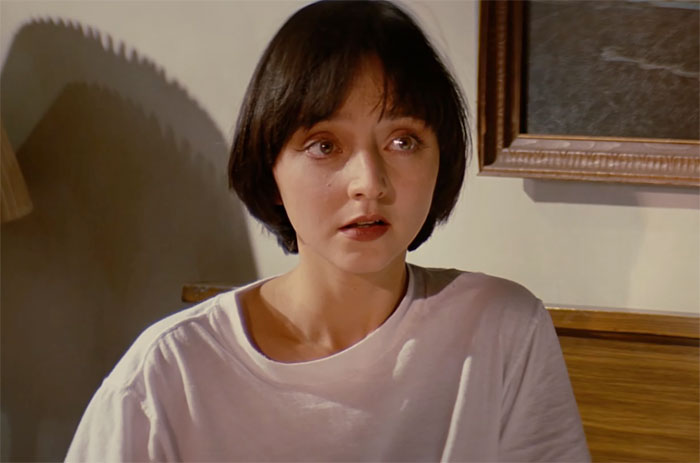
As the seductive Fabienne in Quentin Tarantino’s 1994 classic Pulp Fiction, Portuguese actress Maria de Medeiros etched her place in indie cinema history with her whimsical turn opposite Bruce Willis’ Butch. But after such a memorable debut role, de Medeiros seemed to vanish from mainstream Hollywood films, leaving Tarantino devotees to wonder — whatever happened to Pulp Fiction’s beguiling Fabienne?
Background Info
Maria de Medeiros was born into a creatively inclined family in Lisbon, Portugal, on August 19, 1965. Her father, pianist and composer António Victorino de Almeida, and her journalist mother, Maria Armanda Esteves, nurtured a rich artistic environment.
Maria, the eldest of three siblings, including stage actress and director Inês de Medeiros and musician Ana Medeiros, started acting at 15. After moving to France at 18, she honed her craft at the National Theatre School and later at the Conservatoire National Superieur d’Art Dramatique de Paris.
Her film debut was in the Portuguese film “Silvestre” (1981), playing a dual role. Throughout the 1980s and into the 1990s, she continued to build her portfolio with various roles in European films, including the 1990 drama “1871,” before achieving international recognition.
Pulp Fiction
Maria de Medeiros’s role in Quentin Tarantino’s acclaimed 1994 film “Pulp Fiction” marked a significant milestone in her career, bringing her international recognition. In this iconic film, Medeiros portrayed Fabienne, the gentle and whimsical girlfriend of Bruce Willis’s character, Butch.
Fabienne is depicted as a soft-spoken, somewhat dreamy figure, contrasting sharply with the film’s otherwise intense and often violent atmosphere. One of her most memorable scenes involves a tender and intimate conversation with Butch, where she expresses her whimsical desire to have a potbelly.
Later Career
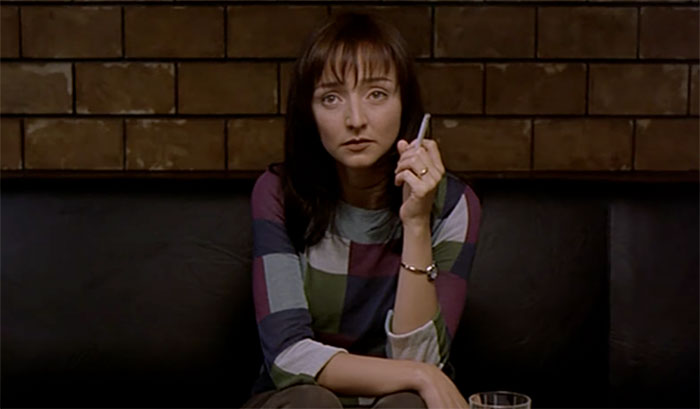
After her memorable role as Fabienne in Quentin Tarantino’s “Pulp Fiction,” Maria de Medeiros continued to build an impressive and diverse career. She maintained a strong presence in European cinema, taking on a variety of roles in films.
In the 1990s, Maria de Medeiros built upon her success with roles in films like “Two Brothers, My Sister” and “El detective y la muerte,” also making forays into television with series such as “L’histoire du samedi.” Her career continued to thrive in the 2000s, marked by diverse film roles in “The Saddest Music in the World” and “My Life Without Me,” along with television appearances in “Les enquêtes d’Éloïse Rome.”
The 2010s saw Medeiros further diversify her portfolio, featuring in the film “The Forbidden Room” and the TV series “Venus and
What is Maria de Medeiros doing now?

Today, Maria de Medeiros remains highly active in the film industry. In 2023, she took on the role of Serena in the film “Giorni Felici,” receiving critical acclaim. She also lent her voice to the 2022 short film “What Spring Does with the Cherry Trees,” in the segment titled “Fogo preso.” Additionally, in 2021, she appeared in the TV series “Verdades Secretas,” portraying the character Blanche Labelle. .
Alongside her acting, she has also been making significant strides in the world of film directing. Currently, she is co-directing “Coffeehouse Mysteries” with Alexander Hahn, adding yet another directorial accomplishment to her already impressive portfolio.
This project marks her 12th directorial credit, following her previous work on the 2019 film “Our Children.”
Personal Life
Maria de Medeiros, who married film technician Agustí Camps, has maintained a level of privacy regarding her marriage, leaving the current status of their relationship and the specifics of their wedding date largely unknown.
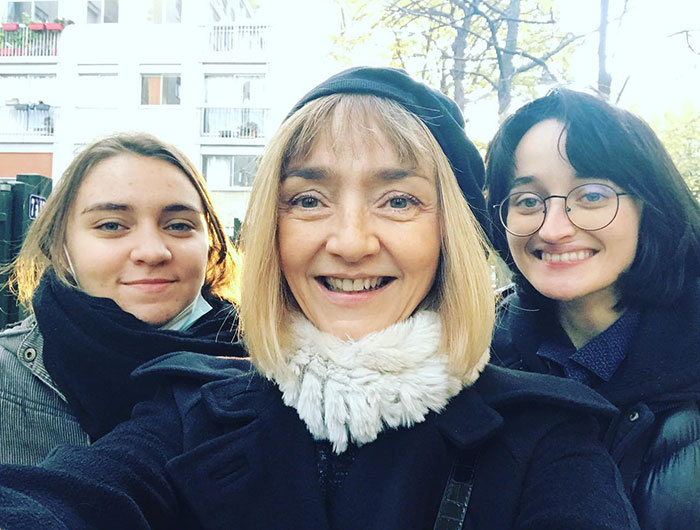
Maria and Agustí have two daughters together. Their eldest, Júlia, was born in 1997, and their younger daughter, Leonor, arrived in 2003.
On the digital front, Maria de Medeiros is actively engaged on social media. Primarily she communicates with her fans on social media through Instagram and Facebook. She can also be found on Myspace. She will also periodically post music on her Youtube account as well.





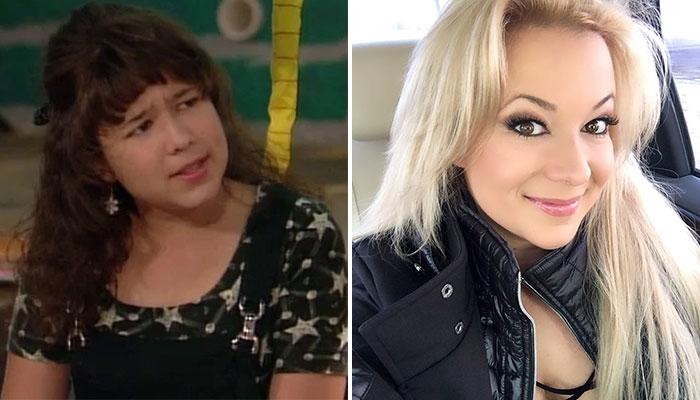
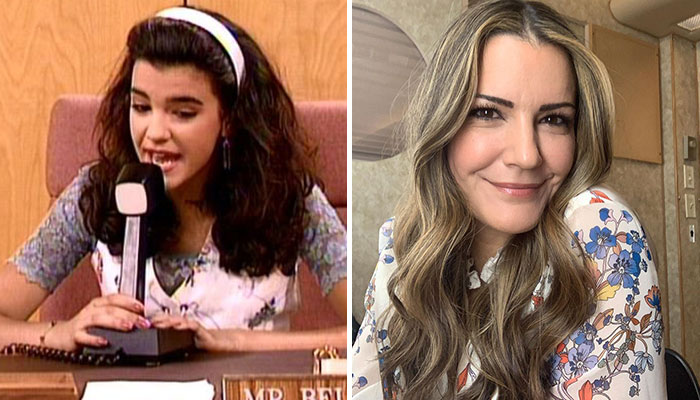



Maria de Madeiros acted in another film about revolution, when she played Eleonora Fonseca Pimentel in the Italian film of 2004, “Il resto di niente”. Pimentel was a poet and a leader of the 1799 Neapolitan Revolution and the Republic that followed on from it.